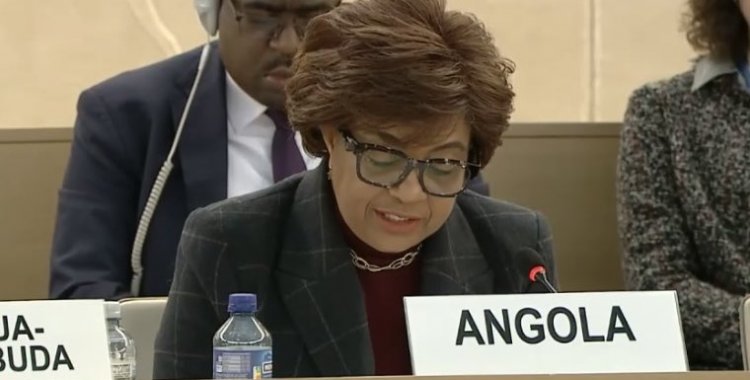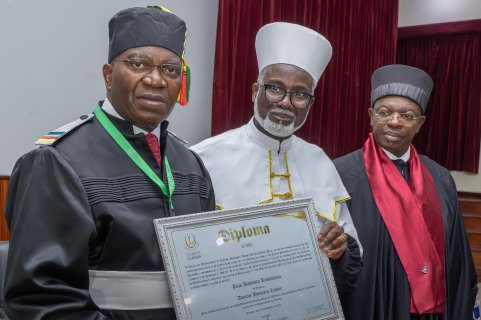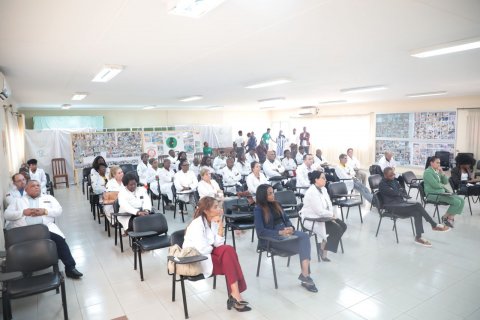On the occasion, the Secretary of State stated that the country views the death penalty as one of the most serious offenses against human dignity, and that it will remain committed to its global abolition.
Classifying the right to life as humanity's most valuable asset, Esmeralda Mendonça spoke about the abolition of this penalty in Angola.
According to a statement from the Permanent Mission of Angola to the United Nations and Other International Organizations in Geneva, cited by Angop, the Secretary of State for Foreign Affairs noted that the country made several efforts and, as a result, stopped practicing the death penalty in 1979, having officially abolished it in 1992.
Esmeralda Mendonça also pointed out that the Constitution of Angola "expressly prohibits" the death penalty: "The Angolan Constitution expressly prohibits the death penalty and contains provisions that allow for the creation of mechanisms to control and guarantee the right to life."
Quoted by Angop, the official reiterated Angola's support for the global trend to abolish the death penalty, including efforts made within the scope of the HRC and the third committee of the UN General Assembly, as well as the commitment to continue promoting and protecting human rights at home, in accordance with international standards.
In addition, the Secretary of State guaranteed the country's continued support for the initiatives carried out by the HRC and its instruments for the promotion and defense of human rights.







